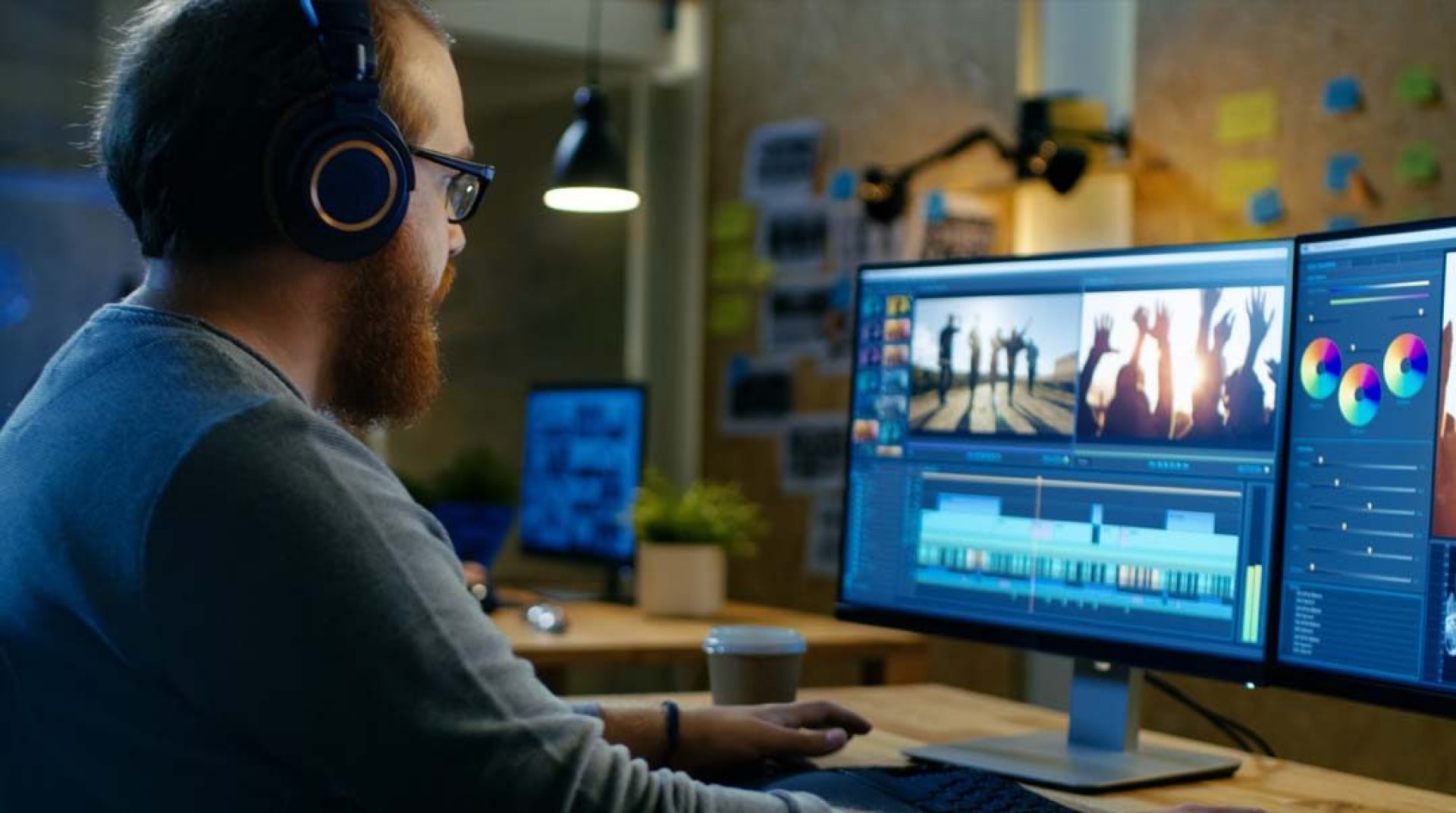Technology has revolutionized various aspects of our lives, and the field of healthcare is no exception. In recent years, there has been a significant increase in the use of technology to enhance elderly care services. With the global population aging at a rapid pace, it is crucial to find innovative ways to meet the healthcare needs of older adults. To find the best elderly care service you can also navigate to this site.

1. Remote Monitoring and Telehealth
One of the most significant advancements in elderly care services is the use of remote monitoring and telehealth technologies. These technologies enable healthcare providers to remotely monitor the health status of elderly patients and provide virtual care. Remote monitoring devices such as wearable sensors and smart home systems can track vital signs, activity levels, and medication adherence in real-time.
2. Medication Management
Medication management is a critical aspect of elderly care, as older adults often have complex medication regimens. Technology has played a vital role in improving medication management for older adults. Smartphone applications and smart pillboxes can remind older adults to take their medication at the right time and in the correct dosage.
3. Fall Detection and Prevention
Falls are a significant concern for older adults, as they can result in serious injuries and a loss of independence. Technology has been instrumental in fall detection and prevention, helping to reduce the risk of falls and provide prompt assistance in case of an emergency.
4. Cognitive Stimulation
Maintaining cognitive health is crucial for older adults, as cognitive decline and dementia are common among the elderly population. Technology has proven to be a valuable tool in providing cognitive stimulation and improving cognitive function in older adults.
5. Social Connectedness
Social isolation and loneliness are prevalent issues among older adults, which can have detrimental effects on their physical and mental health. Technology has the potential to bridge the gap and enhance social connectedness for older adults.
Conclusion
Technology has undoubtedly transformed the landscape of elderly care services. From remote monitoring and telehealth to medication management, fall detection, cognitive stimulation, and social connectedness, technology plays a vital role in enhancing the quality of care and improving the overall well-being of older adults.

